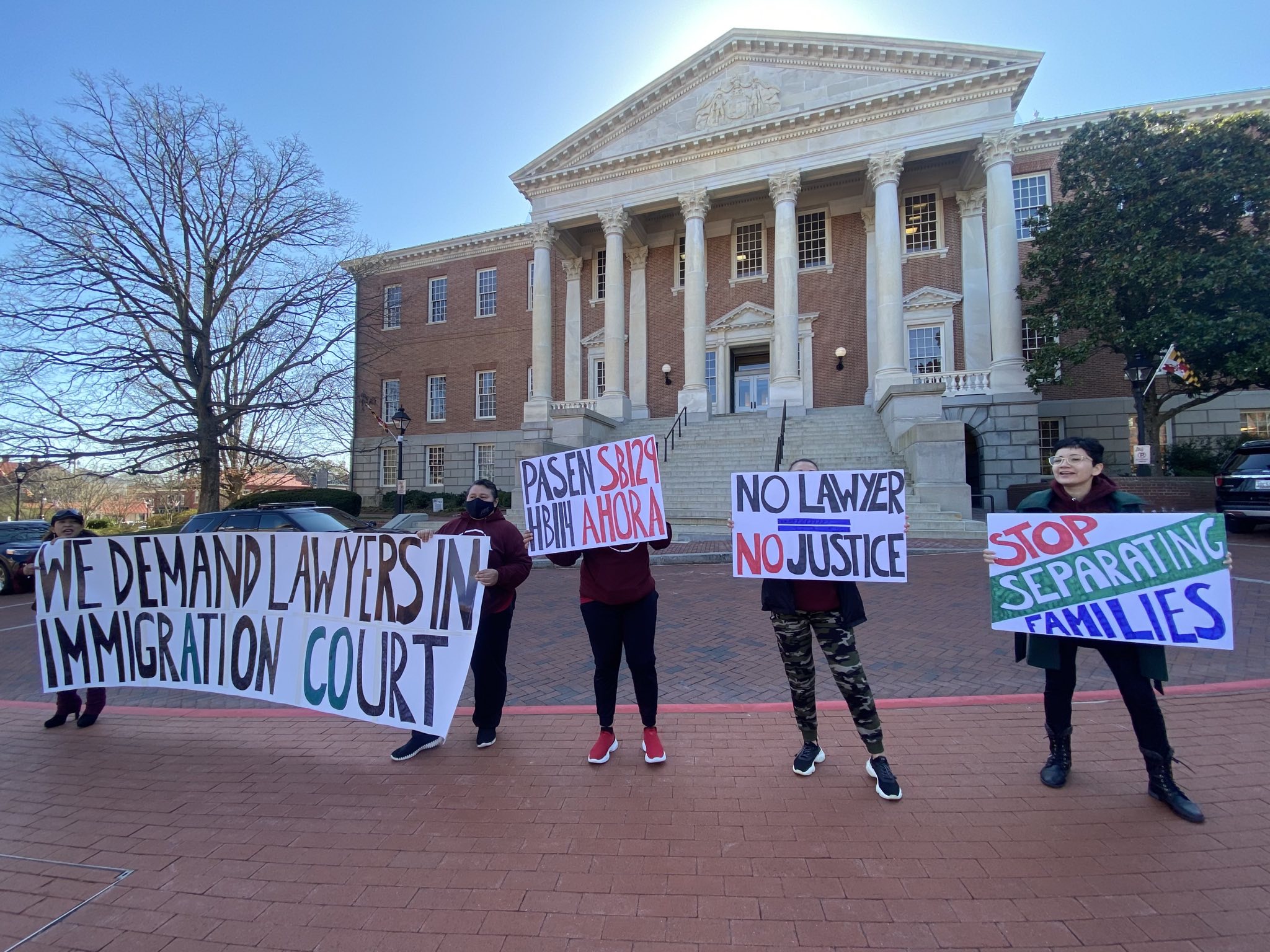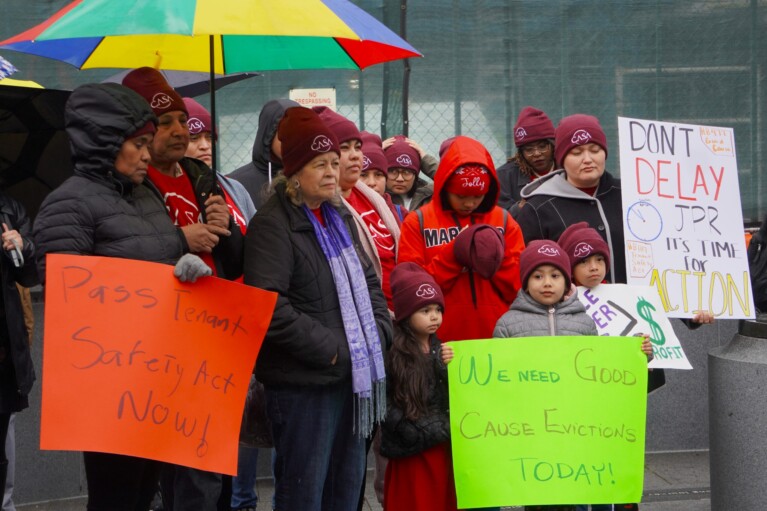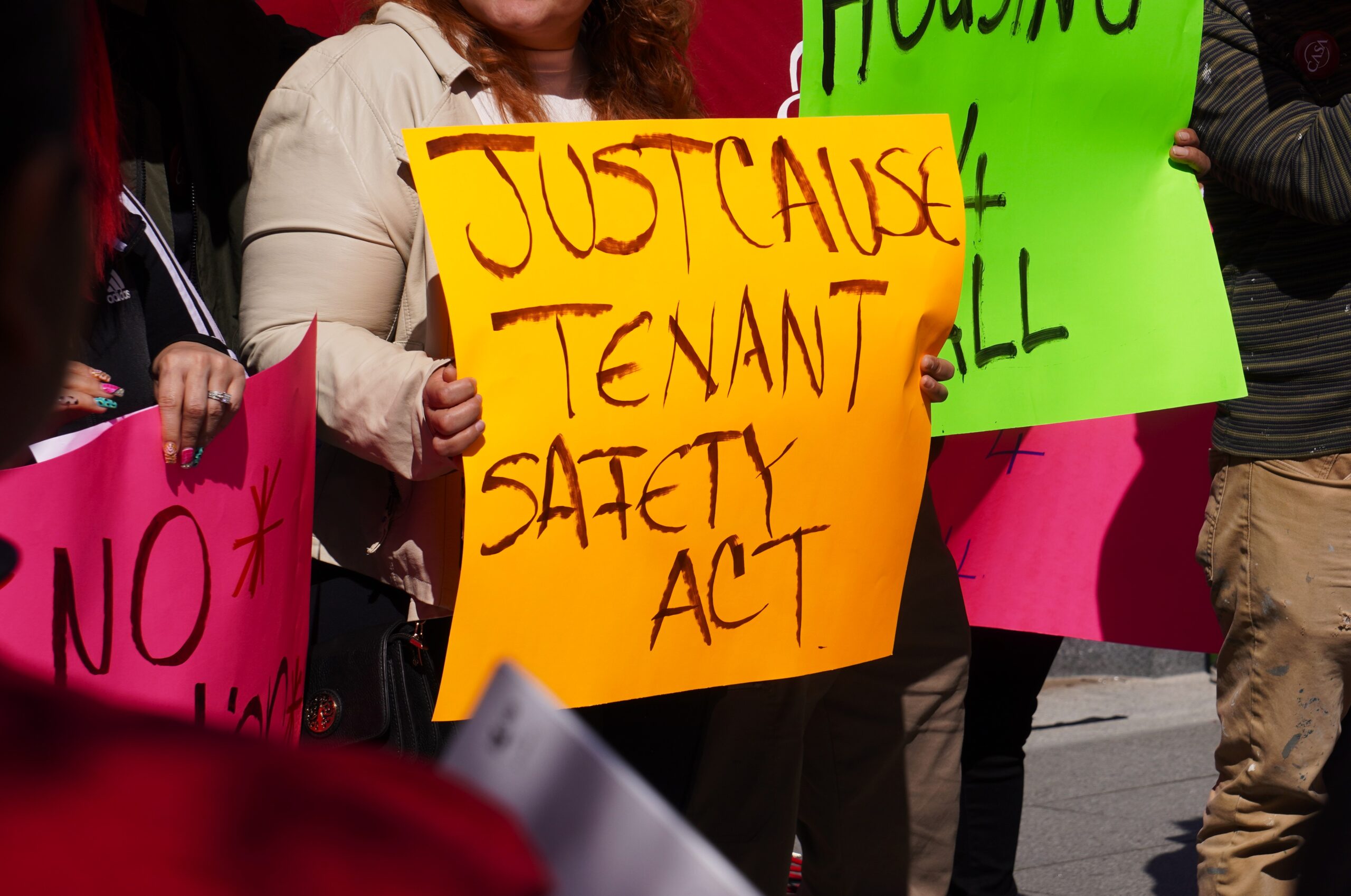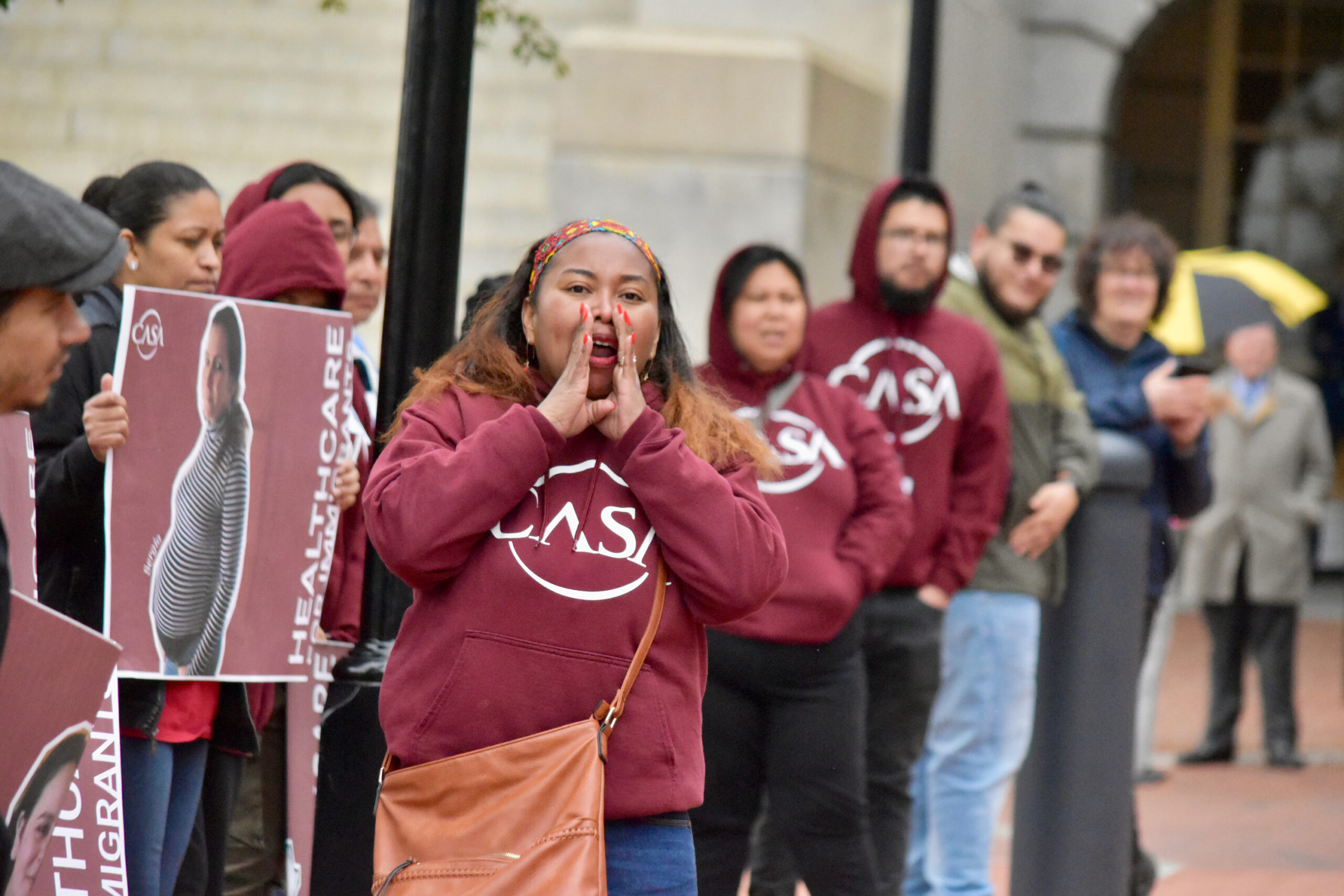Opinion: There Is No Right to an Attorney in Immigration Court. Black Immigrants Suffer the Most

By Cathryn Paul
The writer is the Government Relations & Public Policy Manager at CASA, the immigrants’ rights organization. She is a second-generation Black immigrant from Trinidad and Tobago and Guyana.
In immigration cases, someone can be deprived of their liberty, put behind bars, and moved far away from their homes and family without any right to an attorney. Hundreds of Maryland residents are suffering in ICE detention across the country, forced to fight their immigration case alone, condemned to almost certain deportation — because they cannot afford a lawyer. This vast detention network is run by Immigration and Customs Enforcement — an agency with a track record of human rights abuses, which often contracts out to even more dangerous private prison companies. This absence of due process is horrifying, and it is especially devastating for Black immigrants.
With Maryland being one of the top states of residence for Black immigrants in the country, we often see how systemic racism in both the criminal legal system and immigration system puts Black immigrants at particular risk of ICE detention and deportation. The disproportionate targeting of Black people by law enforcement results in the disproportionate representation of Black immigrants in ICE custody. Despite making up less than 9% of the undocumented population, Black immigrants make up 20% of those facing deportation on criminal grounds. And those facing deportation are unlikely to have a lawyer — making it nearly impossible to have a chance at winning their case.
Over the last several years, countless CASA members have testified in Annapolis, sharing the inhumane and gruesome conditions of ICE detention. From detailed accounts of torture, medical abuse, and coercive tactics designed to force the dropping of appeals, Black people in ICE detention suffer particularly abhorrent conditions. Detained individuals from predominantly Black countries are locked in solitary confinement six times as often as the population at large.
Even with the passage of Maryland’s Dignity Not Detention Act last session, which ended our state’s voluntary collaboration with immigration detention in part due to serious abuses found at the Howard County Detention Center, Marylanders continue to be racially profiled, stopped, and detained in ICE custody across the country. Until abolition of all ICE detention is fully reached, our state still has a responsibility to ensure that every detained Marylander has counsel.
HB114/SB129, Access to Counsel in Immigration Proceedings, creates a legal representation program to provide state-funded legal representation to detained Marylanders facing deportation. Despite the outpouring of support for the legislation and no significant opposition, the Maryland legislature has failed to pass the bill in either chamber before crossover. But it is not too late.
The General Assembly still has time in the session to pass this legislation and have Maryland join eight other states and Washington, D.C., in providing this access to justice in immigration court. Locally, the two largest predominantly Black jurisdictions, Baltimore City and Prince George’s County, have already established access to counsel programs that tremendously impact hundreds of lives. Representation by the CAIR Coalition has been instrumental in keeping families together and giving those fighting their case a fair chance in court.
For those without access to legal representation, many face more than family separation. It is a death sentence back to the country that they fled for some. Take, for example, Cameroon, the source country of many of Maryland’s more recent Black immigrants. A recent Human Rights Watch report details what happened following the deportation of nearly one hundred Cameroonian asylum seekers. Upon their return to Cameroon, those deported faced arbitrary arrest, detention, torture, rape, extortion, unfair prosecutions, abuses against relatives, and more. Every moment the legislature fails to pass this critical legislation, this is what is at stake.
Legislators often boast about their commitment to protecting Black lives. That must include Black immigrants. While representation alone is not enough to undo centuries of systemic issues facing Black immigrants and the immigrant community at large, publicly funded deportation defense brings us closer to justice.




 Creative Commons Attribution
Creative Commons Attribution